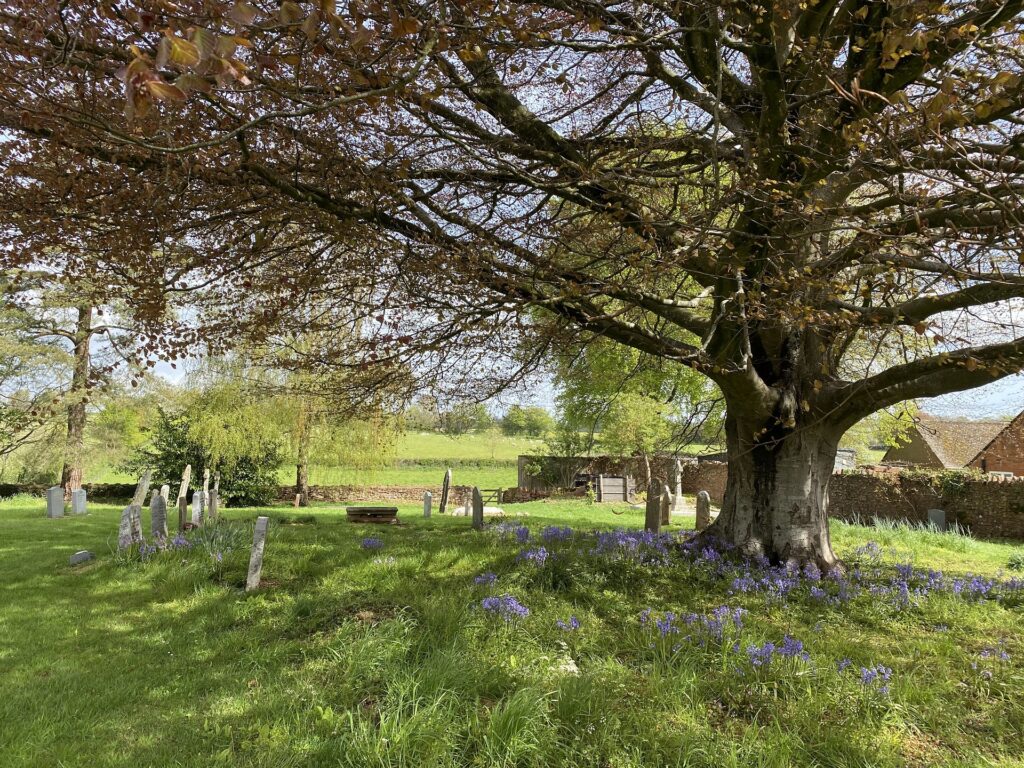Explore the idea of social class and inequality in “Elegy Written in a Country Churchyard.” How does Gray comment on the social hierarchy of his time, and what implications does this have for the individuals buried in the churchyard?

Theme of Social Class and Inequality in Elegy Written in a Country Churchyard
“Elegy Written in a Country Churchyard” by Thomas Gray is a thought-provoking poem that not only contemplates mortality but also delves into the theme of social class and inequality prevalent during Gray’s time. Through vivid descriptions, contrasting imagery, and poignant observations, Gray comments on the social hierarchy of his era and its implications for the individuals buried in the churchyard. This essay aims to explore these themes in detail, examining how Gray’s work reflects the societal disparities of his time and the impact it has on those who are laid to rest.
Gray’s elegy serves as a reflection on life and death, exploring the lives of ordinary villagers buried in a country churchyard. As he observes the gravestones and contemplates the lives of the deceased, he offers a glimpse into the social classes that existed in his society. The poem begins by describing the “rude forefathers” of the village, the humble peasants who lived and died in obscurity. Gray portrays them as simple individuals who toiled away their lives without recognition or distinction. He writes, “The short and simple annals of the poor” (line 33), emphasizing the unassuming nature of their existence.
However, Gray’s poem doesn’t solely focus on the lower class; it also addresses the contrast between the poor and the wealthy, highlighting the disparities in social status and opportunity. He introduces the “yew-tree’s shade” (line 21), which symbolizes the aristocracy and the privileged class. The imagery of the yew tree casting a shadow over the graves below represents the dominance and influence of the upper class over the lives of the common people. The privileged few are buried in elaborate tombs adorned with inscriptions, distinguishing them even in death. Gray acknowledges this disparity, stating, “Some mute inglorious Milton here may rest, / Some Cromwell, guiltless of his country’s blood” (lines 75-76), suggesting that there may be great minds buried in the churchyard, unrecognized due to their humble social status.
Gray’s elegy also touches upon the limited opportunities available to those of lower social standing. He comments on the villagers’ restricted access to education and the arts, which further perpetuated the cycle of inequality. He laments, “Full many a gem of purest ray serene, / The dark unfathomed caves of ocean bear” (lines 51-52), implying that within the working-class lies untapped potential and unrecognized talent that goes unnoticed by society. The imagery of the ocean and its undiscovered treasures metaphorically represents the hidden capabilities and unexplored intellect present among the common people.
The poem portrays the social hierarchy as a barrier to upward mobility and self-realization. Gray argues that the circumstances of birth determined one’s fate, limiting individual aspirations and achievements. He writes, “The paths of glory lead but to the grave” (line 36), suggesting that even those with potential are ultimately confined to the same destiny as their less fortunate peers. The opportunities for social advancement and recognition are only reserved for the privileged few.
Gray’s commentary on social class and inequality has significant implications for the individuals buried in the churchyard. The poem emphasizes that regardless of one’s social status, death is the great equalizer. The poem’s title, “Elegy Written in a Country Churchyard,” suggests that the churchyard serves as the final resting place for individuals from all walks of life, regardless of their social standing. Gray implies that in death, the distinctions of wealth and class lose their significance, as all individuals are ultimately equalized by mortality.
Furthermore, Gray’s elegy evokes a sense of empathy and compassion for the ordinary villagers. He portrays their lives as unremarkable, their stories untold, and their potential unrealized. The poem encourages readers to recognize the inherent worth and dignity of every individual, regardless of their social status. Gray’s words remind us that beneath the societal labels, there are unique and valuable human experiences that deserve acknowledgment and remembrance.
Moreover, the poem encourages reflection on the societal structures that perpetuate inequality and limit individual opportunities. Gray’s elegy prompts readers to question the fairness of a system that restricts access to education, cultural enrichment, and social mobility based on birthright. By highlighting the talents and potential present among the common people, the poem challenges the prevailing assumptions and biases of his time.
In conclusion, “Elegy Written in a Country Churchyard” by Thomas Gray explores the theme of social class and inequality prevalent in the poet’s era. Through vivid imagery, poignant observations, and contrasting descriptions, Gray comments on the social hierarchy of his time and its implications for the individuals buried in the churchyard. The poem reflects the societal disparities between the poor and the wealthy, the limited opportunities for social mobility, and the unrecognized potential present among the lower class. Gray’s elegy reminds us of the intrinsic worth and humanity of every individual, regardless of their social standing, and encourages us to question the fairness of a system that perpetuates inequality. Ultimately, the poem serves as a poignant reflection on mortality and a call for empathy and compassion towards all members of society.
*****
Read More: Questions and Answers from Elegy Written in a Country Churchyard by Thomas Gray


